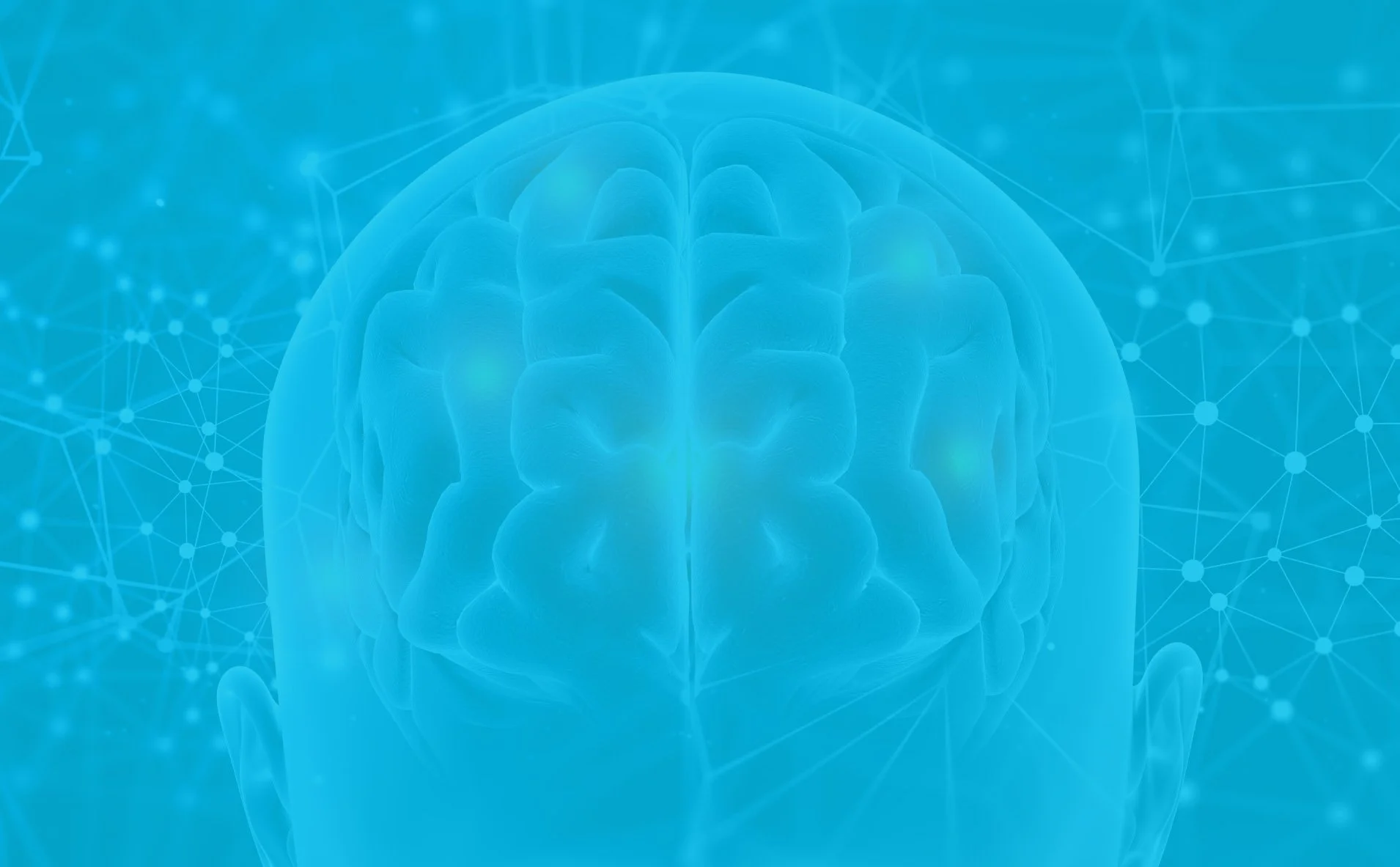
Neurofeedback for Mental Stress, PTSD, & Depression
Managing Challenges with Mental Stress and PTSD without Medication Using Neurofeedback Therapy
Chronic stress and post-traumatic stress disorder (PTSD) can leave the brain in a constant state of high alert, making it difficult to relax, concentrate, or feel safe. The brain can become “stuck” in survival mode, causing ongoing physical and emotional strain. Neurofeedback helps retrain these patterns by teaching the brain to self-regulate, release tension, and restore balance. Through gentle, non-invasive sessions, the brain learns how to calm overactive stress responses and promote lasting emotional stability.

Your brain health is our top priority. Call 972-640-7022, or reach us below for more information or consultation.
Different Types of Stress and Trauma
Every person experiences stress differently. For some, it stems from ongoing life challenges, while for others, it’s linked to past trauma. Common forms include:
Chronic Stress
Long-term exposure to pressure or worry that impacts physical and emotional health.
Acute Stress
A strong, immediate reaction to sudden challenges or events.
Complex Trauma
Exposure to repeated or ongoing traumatic events, often beginning in childhood.
Post-Traumatic Stress Disorder (PTSD)
A lasting response to traumatic experiences such as accidents, abuse, combat, or natural disasters.
Occupational or Caregiver Stress
Constant emotional strain related to work or caring for others.
Common Symptoms in Children, Teens, and Adults
Children
Nightmares or trouble sleeping
Sudden fear or clinginess
Emotional outbursts or withdrawal
Difficulty focusing or completing tasks
Teens
Heightened irritability or mood changes
Avoidance of people or places linked to distress
Declining school performance or motivation
Risk-taking behaviors or substance use
Adults
Intrusive thoughts or flashbacks
Persistent tension or fatigue
Difficulty concentrating or relaxing
Emotional numbness or detachment

Is neurofeedback right for my issue? Take Our Negative Mood Quiz.
Persistent irritability or sadness doesn’t have to be your norm. Take our confidential negative mood quiz to explore how BRAINTOPIA’s neurofeedback-based care may help you rediscover emotional balance and peace of mind.
How Neurofeedback Works to Improve Stress and PTSD
Neurofeedback helps the brain learn how to transition out of a constant stress state. During sessions, sensors placed on the scalp measure brainwave activity while the individual watches a movie or listens to music. When the brain shifts into more balanced patterns, the feedback reinforces this positive state, helping it naturally regulate over time.
As sessions progress, the brain becomes better at calming itself, reducing hypervigilance, and improving emotional control. Many clients report sleeping better, feeling less reactive, and being able to manage stress more effectively. Neurofeedback is drug-free, non-invasive, and can complement talk therapy, EMDR, or counseling for even greater results.
A Path Toward Healing and Calm
Healing from trauma and chronic stress is not about forgetting the past—it’s about helping the brain move beyond it. Neurofeedback gives the brain the tools it needs to recover, restore balance, and respond to life with greater peace.
If you or someone you love is struggling with ongoing stress or symptoms of PTSD, schedule a qEEG brain map with Braintopia to better understand your brain’s unique patterns and begin the journey toward lasting emotional relief.



